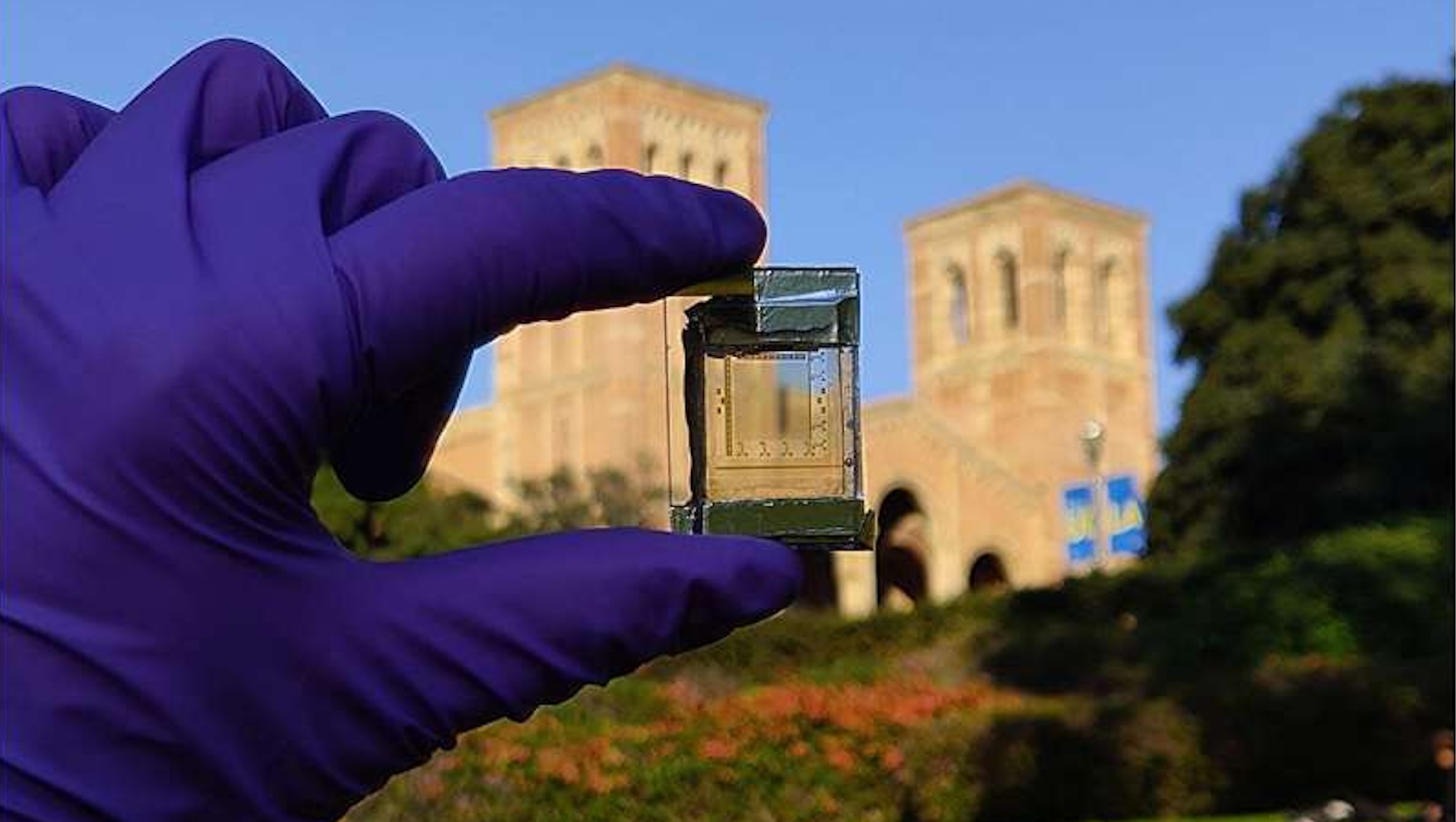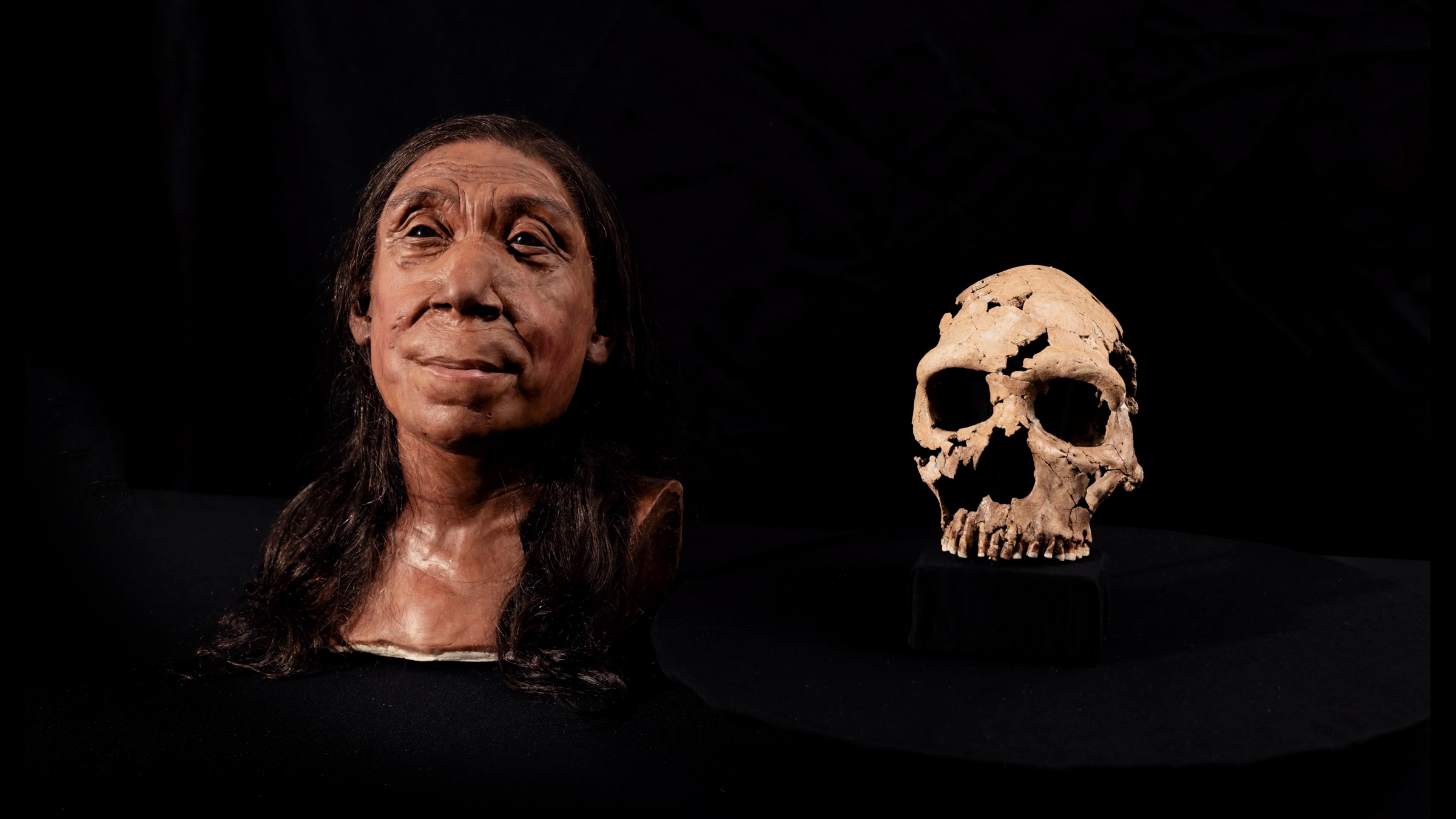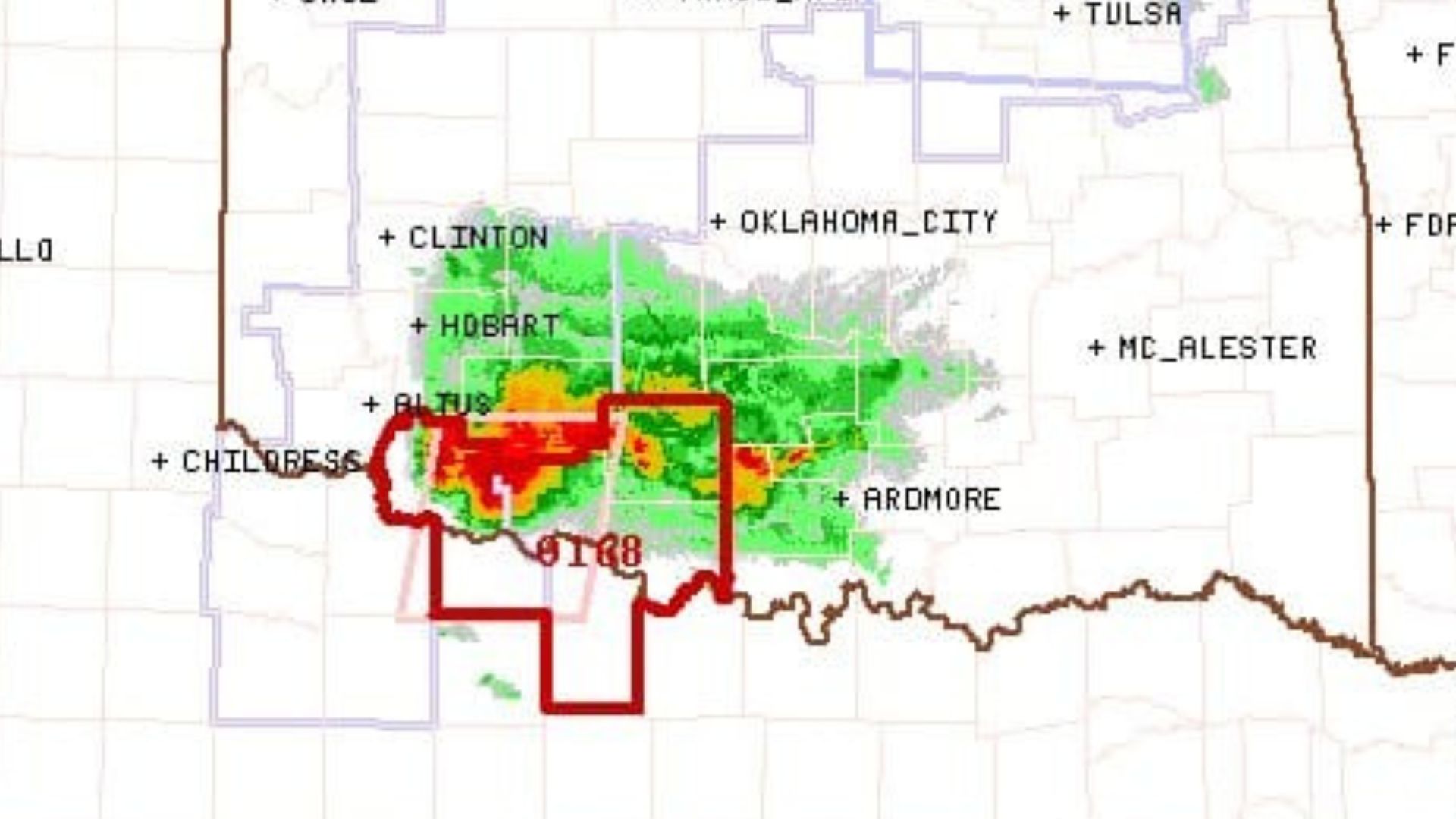Lubricants, Vol. 12, Pages 79: Study on Grease Lubrication and Electric Erosion Characteristics in AC Electric Fields
Lubricants doi: 10.3390/lubricants12030079
Authors: Ziying Li Feng Guo Zhaogang Jing Bing Li Li Zhang Xiaobo Wang
Protecting motor bearings from electric erosion is crucial as electric vehicles evolve. To better understand how lubrication interacts with electric discharge within motor bearings during varying speeds of vehicle operation, an optical ball-on-disk tribometer was modified to investigate the influence of alternating current (AC) electric fields on film thickness, friction force under various lubrication regions, and discharge characteristics. The study revealed that in AC electric fields, as the lubrication state shifts from mixed lubrication to fluid lubrication region, the electrical characteristic of the lubricating oil film changes from resistive to capacitive, accompanied by an increase in discharge frequency. Under the elastohydrodynamic lubrication (EHL) region, an electrical potential difference between the surfaces separated by the lubrication film leads to a reduction in film thickness, which can be attributed to the generation of Joule heating. If the potential difference across the oil film increases to the threshold voltage, destructive discharge occurs with the emission of a significant amount of purple light. Joule heating generated by the AC electric fields also results in a reduction in the friction coefficient under the fluid lubrication region. However, due to the reduction in film thickness, the lubrication state eventually moves to mixed lubrication, leading to a substantial increase in the friction coefficient. In addition, the study also investigated the use of grease with a nanographite conductive additive. It was found that inappropriate additive amounts can lead to discharge phenomena occurring outside the contact region.

 1 month ago
21
1 month ago
21


